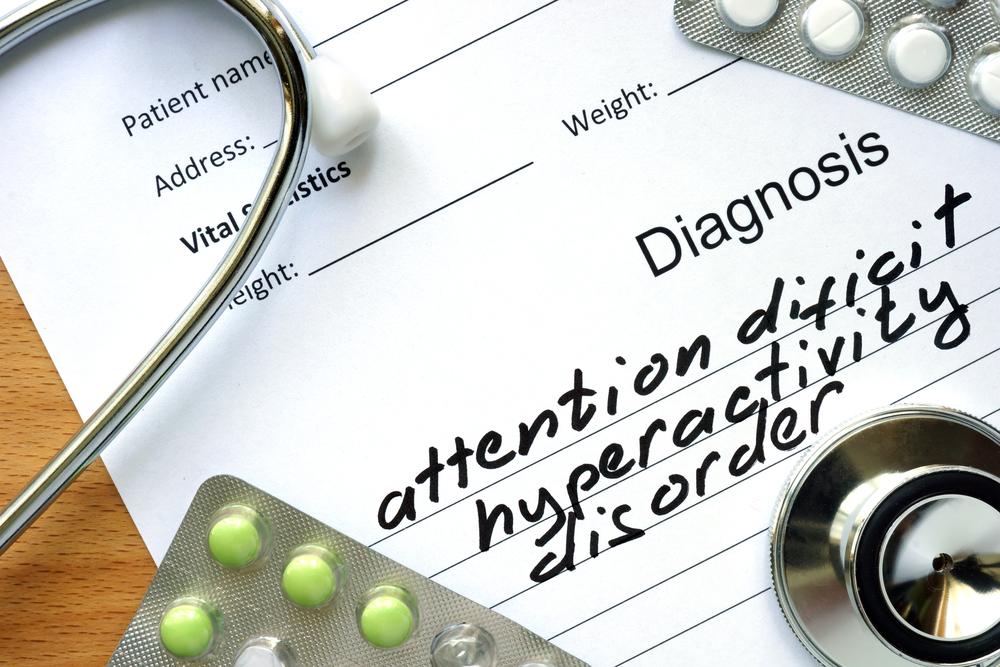Effective Strategies to Manage Health Anxiety and Hypochondria
This article explores practical ways to manage health anxiety and hypochondria, emphasizing therapy, medical support, lifestyle adjustments, and social engagement. Recognizing symptoms early and adopting effective strategies can significantly improve daily functioning and mental well-being, helping individuals regain control over their health fears. Seek professional advice for tailored treatment options and support networks.

Hypochondria, also known as health anxiety, is an anxiety disorder characterized by excessive worry about having a serious illness or developing one, often without significant medical evidence. This condition can disrupt daily routines, work, social interactions, and mental well-being. Recognizing the signs and understanding management options are crucial for those affected. Risk factors include previous health issues, stressful life events, or underlying mental health conditions like anxiety and depression. Effective treatment approaches can help alleviate symptoms and improve quality of life.
Persistent worry about illness despite lack of symptoms or mild symptoms
Multiple doctor visits with skepticism towards reassurance
Unreasonable health rituals like excessive testing or avoiding medical care to prevent diagnoses
Frequent discussions about health with friends and family
Difficulty sleeping and late-night internet searches for symptoms
Impact on personal, professional, and social life due to health concerns
Management strategies to control hypochondria include:
Consulting healthcare professionals: Establish a relationship with a primary care provider or mental health specialist. Prepare details about symptoms, stressors, and medical history to make appointments productive. Avoid consulting multiple doctors for the same concerns to prevent unnecessary tests.
Therapeutic interventions: Cognitive Behavioral Therapy (CBT), behavioral stress management, and exposure therapy can help reframe fears, manage emotional reactions, and reduce health-related compulsions. Support from family and friends can enhance therapy effectiveness.
Medications: In severe cases, doctors may prescribe medications like antidepressants to control anxiety. These work by enhancing serotonin activity but should be used under medical supervision due to possible side effects.
Healthy lifestyle changes: Reduce stress through yoga, meditation, or relaxation techniques. Regular exercise boosts mood and alleviates anxiety. Staying socially engaged and avoiding online symptom searches can also aid recovery. Joining support groups offers a safe space to share experiences and learn coping methods.
Remember, professional guidance is essential. If symptoms persist or worsen, seek care from licensed healthcare providers to ensure proper diagnosis and treatment planning.










